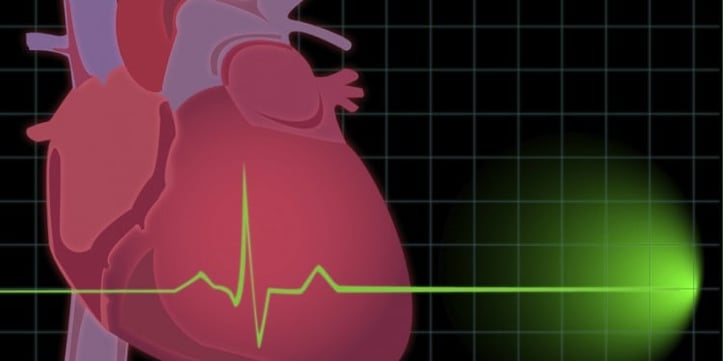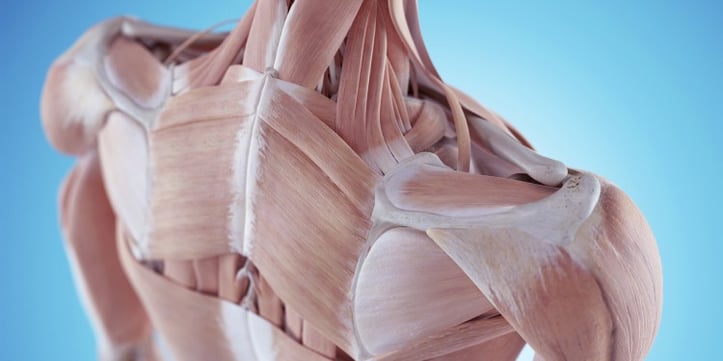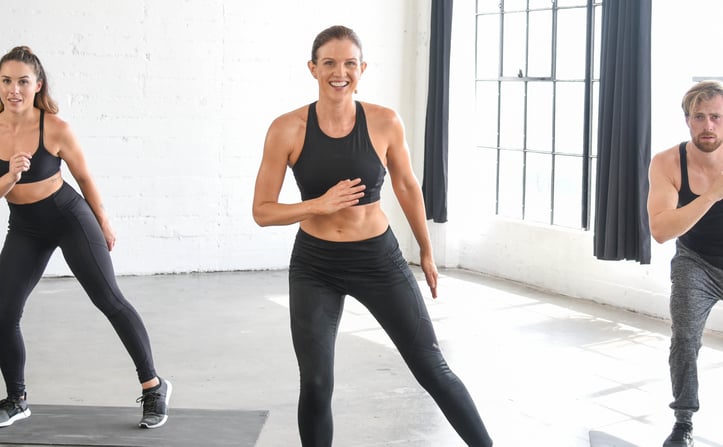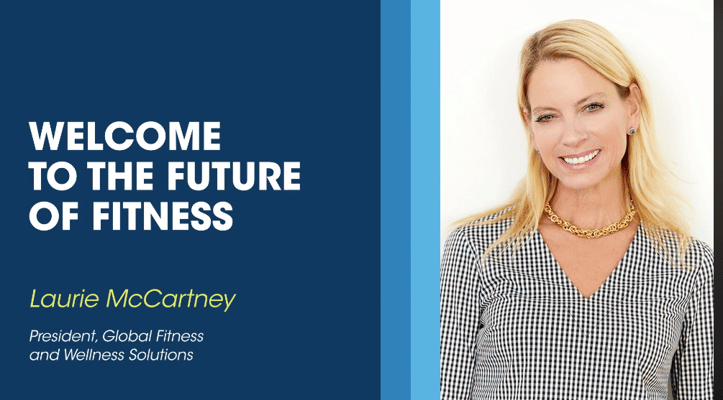Fortify Your Heart: How Hardiness Coaching Can Prevent Cardiovascular Disease

❤️ Fortify Your Heart: How Hardiness Coaching Can Prevent Cardiovascular Disease (Expert Insights)
Cardiovascular disease (CVD) tragically remains a global leading cause of mortality. While we're well-versed in traditional risk factors like hypertension, high cholesterol, and smoking, a growing body of compelling research highlights the profound impact of psychological resilience—specifically hardiness—on cardiovascular health. This article delves into the transformative potential of hardiness coaching, exploring how cultivating this vital psychological trait can empower you to build a healthier heart and a more resilient lifestyle.
🧠 What Exactly is Hardiness? More Than Just Toughness
Hardiness isn't merely about "being tough." It's a specific psychological construct, a personality characteristic associated with an individual's ability to withstand and positively adapt to stressful life events. Pioneering research by psychologists Suzanne C. Kobasa and Salvatore R. Maddi identified three core, interrelated components, often called the "Three Cs":
- Commitment: A deep sense of purpose and involvement in one's life, relationships, work, and personal goals. Hardy individuals find meaning in what they do and are less likely to feel alienated.
- Control: The belief that one can influence life events and outcomes through their own actions and choices, rather than feeling helpless or victimized by circumstances. This fosters a proactive approach to challenges.
- Challenge: Viewing change and stressful events not as threats, but as opportunities for growth, learning, and personal development. Hardy individuals embrace novelty and are stimulated by new experiences.
Hardiness Coaching is a specialized psychological intervention designed to actively develop and strengthen these "Three Cs." By working with a coach, individuals learn practical strategies to reframe their thoughts, manage their emotional responses, and modify their behaviors, ultimately building a more resilient and adaptive mindset.
🔗 The Undeniable Link: Hardiness and Your Cardiovascular Wellbeing
The connection between a hardy mindset and a healthy heart is robust and scientifically supported.
- Reduced Physiological Stress Response: Individuals high in hardiness exhibit a more adaptive physiological response to stress. A landmark study published in the Journal of Personality and Social Psychology (Kobasa, Maddi, & Kahn, 1982) found that hardy executives experienced less illness despite high stress levels. Later research, such as studies in the Journal of Behavioral Medicine, has linked hardiness to lower levels of stress hormones like cortisol. Chronically elevated cortisol can contribute to increased blood pressure, inflammation, and endothelial dysfunction – all key factors in CVD development.
- Healthier Lifestyle Behaviors: A strong sense of control and commitment directly translates into more positive health behaviors. As highlighted in a review by Maddi (2006) on the role of hardiness in health, individuals who feel in control are more likely to adhere to medical advice, engage in regular physical activity, maintain a balanced diet, and avoid smoking. These are all cornerstone behaviors for CVD prevention.
- Lower Incidence of CVD Risk Factors: Research consistently shows an inverse relationship between hardiness and traditional CVD risk factors. For instance, a study by Contrada (1989) in the Health Psychology journal indicated that hardiness was associated with lower blood pressure reactivity to stress. Other studies have found links between higher hardiness and lower cholesterol levels and reduced likelihood of obesity.
In essence, hardiness acts as a psychological "buffer," mitigating the detrimental effects of stress on the cardiovascular system and promoting proactive health management.
💪 How Hardiness Coaching Empowers You to Prevent CVD: Actionable Strategies
Hardiness coaching isn't just theory; it's about practical application. Here’s how strengthening your "Three Cs" through coaching can tangibly reduce your CVD risk:
-
Cultivating Control: Taking Charge of Your Heart Health
- Coaching Focus: Identifying areas where you can exert influence (diet, exercise, stress management techniques, medication adherence) versus those you cannot. Learning to differentiate helps reduce feelings of helplessness.
- Actionable Outcome: You become more proactive in scheduling health check-ups, actively participate in treatment decisions with your doctor (e.g., discussing a new exercise plan to manage blood pressure, as recommended by the American Heart Association), and feel empowered to make consistent healthy choices.
- Example: Instead of feeling overwhelmed by a high cholesterol diagnosis, a coached individual might say, "Okay, I can control my diet by incorporating more soluble fiber and reducing saturated fats, and I can commit to regular walks."
-
Deepening Commitment: Staying a"True North" for Your Health Goals
- Coaching Focus: Connecting health behaviors to your deeper values and life purpose. Why is good health important to you? Is it to be there for your family, to pursue your passions, to live a long and vibrant life?
- Actionable Outcome: This intrinsic motivation becomes a powerful anchor, helping you stay dedicated to your healthy lifestyle even when faced with temptations or setbacks. It's easier to resist that extra slice of cake if you're deeply committed to your goal of managing prediabetes.
- Example: A coached individual might connect their commitment to daily exercise with their desire to have the energy to play with their grandchildren, making the activity more meaningful than a chore.
-
Embracing Challenge: Turning Stressors into Stepping Stones
- Coaching Focus: Reframing stressful situations (e.g., a demanding work project, a family illness) as challenges to be navigated and learned from, rather than insurmountable threats. Developing problem-solving skills and adaptive coping mechanisms.
- Actionable Outcome: You learn to manage stress more effectively, reducing its physiological toll on your cardiovascular system. Instead of resorting to unhealthy coping mechanisms like overeating or inactivity, you might engage in mindfulness, seek social support, or break down the challenge into manageable steps.
- Example: When facing a job loss (a significant stressor linked to increased CVD risk), a hardy individual might view it as a challenge to reassess their career path, learn new skills, and ultimately find a more fulfilling role.
🌱 Practical Tips for Nurturing Your Own Hardiness (Starting Today!)
While professional coaching offers structured development, you can begin fostering hardiness with these daily practices:
- Reframe Your Inner Dialogue (Control & Challenge):
- Pay attention to your self-talk. When faced with a setback, consciously shift from "This is a disaster, I can't handle it" to "This is a challenge. What can I learn from this? What small step can I take to influence the situation?"
- Set Meaningful, Achievable Goals (Commitment):
- Identify small, health-related goals that align with your values (e.g., "I will walk for 20 minutes three times this week because my long-term health is important to me"). Achieving these builds a sense of accomplishment and reinforces commitment.
- Practice Mindfulness & Gratitude (Control & Stress Reduction):
- Mindfulness meditation, even for 5-10 minutes daily, can help you become more aware of your thoughts and emotions without being overwhelmed by them. Apps like Headspace or Calm can be great starting points.
- Actively practicing gratitude (e.g., keeping a gratitude journal) shifts focus towards the positive, enhancing resilience.
- Engage in Regular Physical Activity (All Three Cs):
- Exercise is a powerful stress reliever and mood booster. It also provides a tangible sense of control over your physical well-being and offers a consistent "challenge" to improve. Aim for at least 150 minutes of moderate-intensity aerobic exercise per week, as per WHO guidelines.
- Build Strong Social Connections (Commitment & Support):
- Nurture your relationships with friends and family. Social support is a crucial buffer against stress. Don't hesitate to lean on your support system or offer support to others.
- Embrace Lifelong Learning (Challenge):
- Step outside your comfort zone by learning a new skill, reading about a new topic, or taking a class. This keeps your mind agile and reinforces the idea that challenges are opportunities for growth.
❓ Frequently Asked Questions (FAQ)
Q1: Is hardiness something you're born with, or can it truly be developed? A: While some individuals may naturally exhibit more hardy traits, research strongly suggests that hardiness is a learnable set of attitudes and skills. Like any skill, it can be cultivated and strengthened through conscious effort, practice, and often, with guidance from coaching or therapy. It's not a fixed trait.
Q2: How long does hardiness coaching typically take to see benefits for cardiovascular health? A: The timeline can vary depending on the individual, the intensity of coaching, and the specific health markers being monitored. However, individuals often report subjective improvements in stress management and outlook relatively quickly (within a few weeks to months). Measurable physiological changes (like blood pressure improvements) may take longer and depend on consistent application of learned skills and lifestyle changes. It's a journey, not a quick fix.
Q3: Can hardiness coaching replace traditional medical treatments for CVD? A: Absolutely not. Hardiness coaching is a complementary approach. It aims to enhance psychological well-being and promote healthy behaviors that support cardiovascular health and reduce risk. It should always be used in conjunction with, and never as a replacement for, medical advice, diagnosis, and treatment prescribed by qualified healthcare professionals (e.g., cardiologists, primary care physicians).
❤️ Your Heart's Future: Take a Stand with Hardiness
In conclusion, hardiness coaching offers a potent, evidence-based pathway to not just cope with life's stressors, but to thrive despite them, significantly bolstering your defenses against cardiovascular disease. By actively developing your sense of control, deepening your commitment to what matters, and reframing challenges as opportunities, you build a psychological fortitude that directly nourishes your physical heart.
If you're ready to invest in a more resilient you and a healthier cardiovascular future, consider exploring hardiness coaching. Speak with a qualified psychologist, a certified health coach specializing in resilience, or your trusted healthcare provider to discuss how these principles can be integrated into your personal wellness plan.
Take the first step today: Choose one small action from the "Practical Tips" section above and commit to it for the next week. Your heart will thank you. What will your first step be? Share your thoughts in the comments below!

Fit vs Fat: Decoding Health's True Ruler

Pump Up Your Heart: Science-Driven Weight Loss

Wellness Technology: Your Path to Sustainable Weight Loss

A Sensible Guide to Dietary New Year's Resolutions

Prevent Shoulder and Rotator Cuff Injuries with Corrective Exercises

Overcome Fitness Plateaus: 4 Tips for Success

10 x 10 Thanksgiving Day Circuit: A Fitness Guide

Unleash Your Fitness Potential with Kit Rich's Training Secrets

The Future of Fitness: A Guide for Beginners to Intermediates

